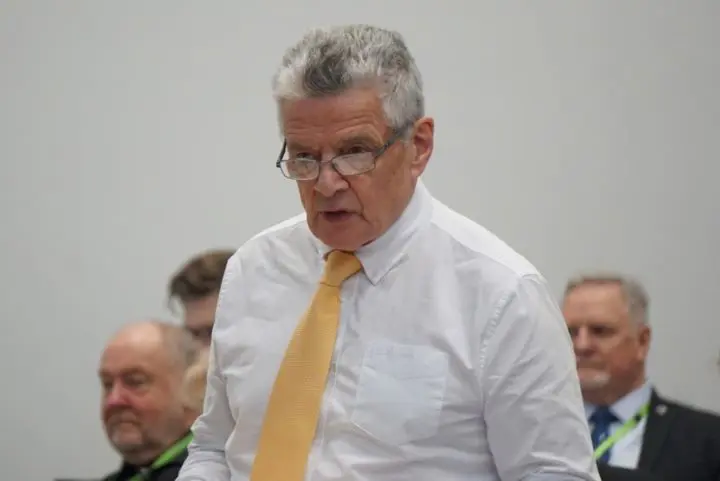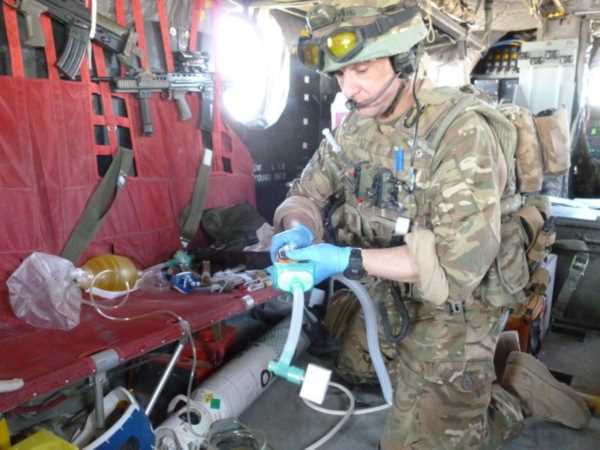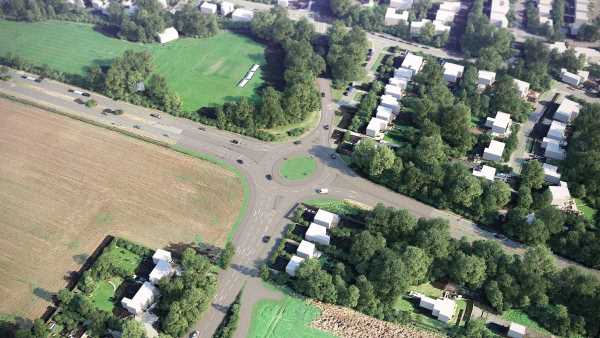Nottinghamshire as a Sustainable Food Place

In November 2022, Nottinghamshire became a member of the Sustainable Food Places network joining over 80 other areas across the country in improving their local food system.
Sustainable Food Places is a national programme led by the Soil Association, Food Matters and Sustain. The programme brings together pioneering food partnerships from across the UK that are driving innovation and best practice on all aspects of healthy and sustainable food.
As a Sustainable Food Place, Nottinghamshire has access to a wide range of support including regular events and conferences, grant and campaign opportunities, peer-to-peer networking and Sustainable Food Places awards.
Nottinghamshire County Council passed a motion on 20 January 2022 to see nutrition developed as a key part of the Health and Wellbeing Strategy 2022 – 2026. Becoming a member of the Sustainable Food Place network is a milestone in achieving this ambition.
Nottinghamshire Sustainable Food Network will build on the successful work undertaken so far on food insecurity (lack of access to enough affordable, nutritious food) and work with partner organisations to improve the health of local communities.
Nottinghamshire Food Summit and Sustainable Food Places Bronze Award
On 16 October 2024, Nottinghamshire held the first Food Summit to bring together partners from across the whole food system. Over 140 people with a passion to improve the local food system came together at the University of Nottingham to help co-design a local food plan, network and share good practice. Speakers on a range of topics provided expertise and food for thought accompanied by a delicious, locally sourced lunch made from surplus produce and prepared by Pulp Friction.
The summit also celebrated that Nottinghamshire Sustainable Food Network has won a prestigious Sustainable Food Places Bronze award. The award recognises the Network’s work to promote healthy, sustainable and local food, and to tackle some of today’s greatest social challenges including food poverty and diet-related ill health.
Read more about the event in the Nottinghamshire Food Summit report [PDF]
For more information about Sustainable Food Places, visit the Sustainable Food Places website or follow Sustainable Food Places on Instagram or Linked In.
Exploring sustainable food through research
Nottinghamshire has developed a strong academic focus on sustainable food and is developing a body of local research through partnerships with Nottingham Trent University and the University of Nottingham.
The University of Nottingham Food Systems Institute brings together researchers from across disciplines and work with industry and policymakers to deliver solutions to transform the food system, from production and processing, through to transport, consumption and waste.
Nottinghamshire Sustainable Food Network partners have been at the core of the many research projects undertaken by Nottingham Trent University, Coventry University and the University of Nottingham. Some of the examples below show the collaboration of academic partners and local organisations working to transform the food system, understanding of barriers and alternative solutions.
Simon Welham, Michelle Thomas, Sally Hibbert, John Harvey - University of Nottingham
Against a backdrop of declining food security at a national level (Journal of Epidemiology and Community Health), the local councils are working with stakeholders across Nottinghamshire County and Nottingham City to improve household and community food security. The FANSS project aimed to provide detailed data on the prevalence, severity and drivers of food and nutritional security in the region and to build locally relevant insight.
Survey research combined with analysis of dietary intakes revealed food security in the region falls below the national average and is linked with nutritional deficits and ill health. It identified factors that heighten the risk of households and communities experiencing food insecurity, providing a basis to evaluate and further develop local policy and action, and address health inequalities in the region.
Sally Hibbert, Marsha Smith - University of Coventry
Moira Taylor, Bryn Smith - University of Nottingham
‘More than Food’ services provide a nutritious meal, typically at a low cost, alongside social opportunities and support. They contribute to addressing health disparities locally and have been integrated into strategic initiatives such as the Nottinghamshire Food Charter and Nottingham City’s Eating and Moving for Good Health strategy.
This project builds understanding of the challenges and innovation in 'More than Food' meal services in the region. The More than Food report and policy brief (University of Nottingham) provide details of the project and the recommendations, to be used as a roadmap for change by researchers, policy makers, practitioners and other stakeholders engaged in the development of these meal services.
Volker Wedekind, Jo-anna Russon - University of Nottingham
This project aimed to understand and map who is involved in urban agriculture training and research in Nottingham and Nottinghamshire. It found that training is mostly offered in non-formal settings (e.g. community gardens/allotments) and involves multiple actors; community groups, formal educational institutions, city and county councils, charities, schools, and for-profit businesses.
It highlights the need for further skills gap analysis and recommends a joined-up approach to realise the benefits of urban agriculture in terms of food access, quality and sustainability, across subsistence, micro, medium and large-scale urban agriculture.
Stacia Stetkiewicz, Charles Walker - Action Research and Communications
Eva Zemandl - Nottingham Trent University
Chris Jarram, Lee Kimberley - Nottingham City Council
Kathy Holmes - Nottinghamshire County Council
While there is a consensus around the potential for a sustainable procurement system to enable more sustainable purchasing across Nottinghamshire organisations, current procurement systems at council and institutional level present a barrier to accessing sustainable and local suppliers.
Building on work done in other councils, this project has developed a roadmap for creating a sustainable procurement system for our region, which takes into consideration the needs, barriers, and goals of local actors. A combination of reviewing what has worked/not worked in other areas, alongside a series of interviews with key stakeholders across our organisations and beyond, has identified potential next steps to build on agreed core values and policy drivers.
The full report will be hosted on the University of Nottingham’s Food Systems Institute website when complete.
Sally Hibbert, Simon Welham, John Harvey, Gavin Long, Michelle Thomas - University of Nottingham
Food brings people together, connecting family and friends, and can play a central role in helping people to live well in communities. Yet many people in the region find it difficult to access sufficient, nutritious food to live active and healthy lives. Local stakeholders are collaborating on this project to co-produce food security mapping that can be used to develop local insight and identify effective and affordable actions.
To initiate the collaboration, a spatial analysis of key constraints on local food access was presented in June 2024 at the University of Nottingham’s City as Lab facility. Building on this mapping and consultation, the research team and stakeholders will further explore the use of publicly available and local data for food security mapping, development of a mapping protocol, and a mechanism to update and continue to refine the mapping.








